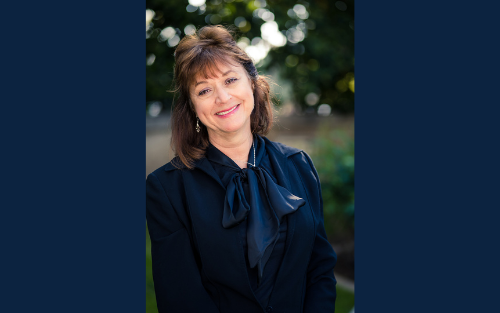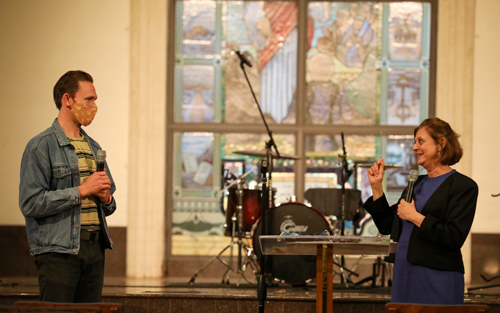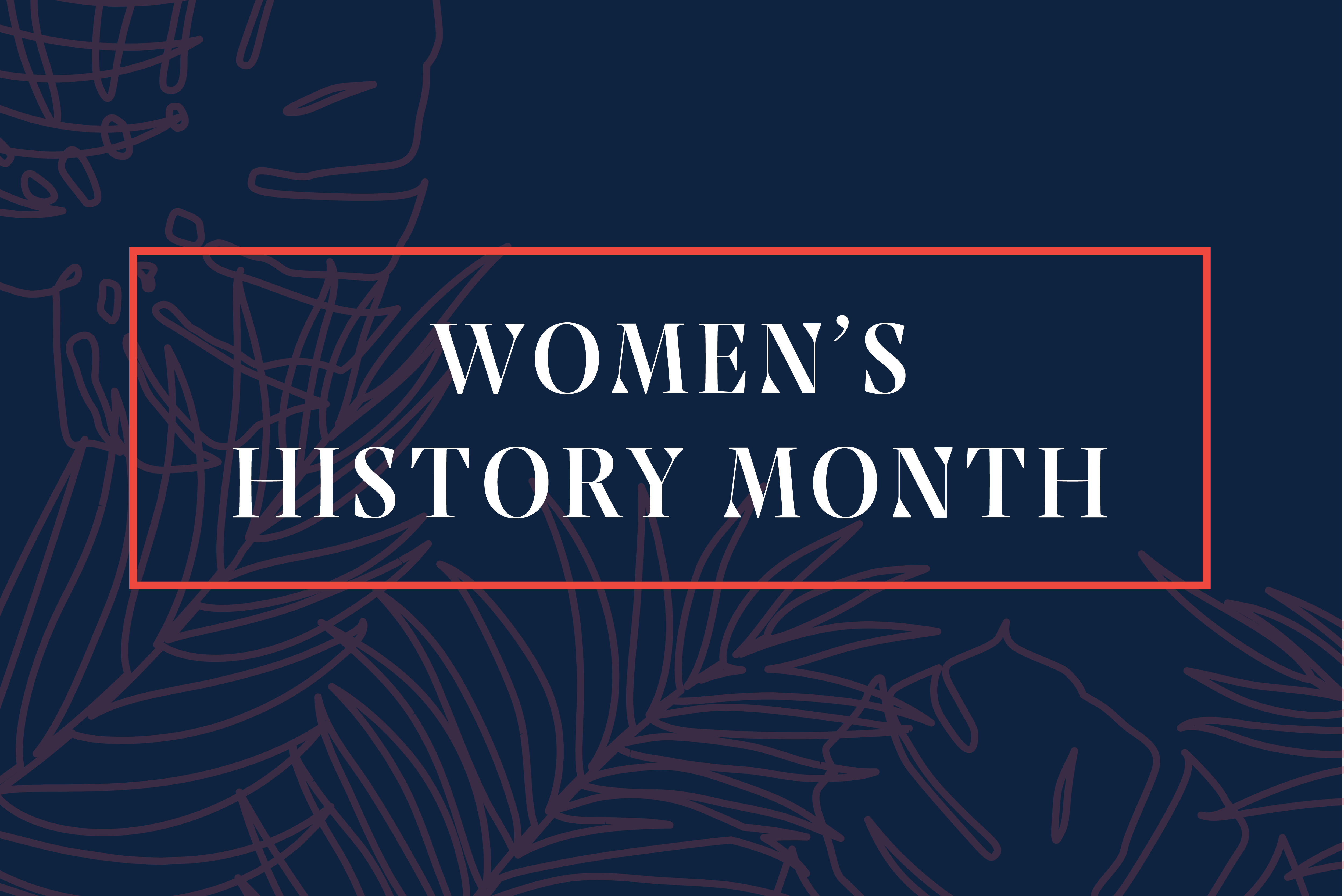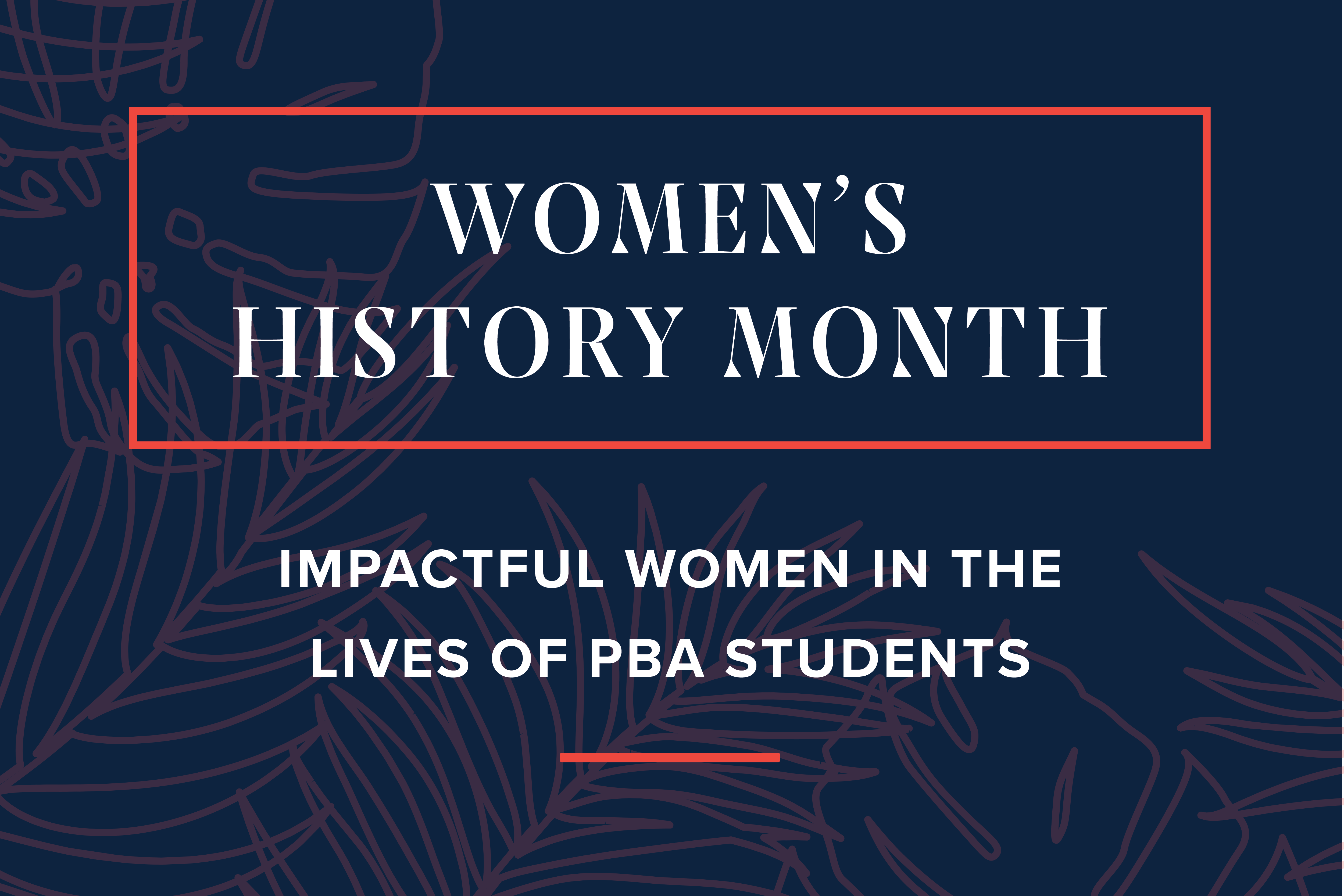
Dr. Mimi Haddad has counseled women the world over who have a passion for using their God-given gifts to advance His kingdom but feel stifled by the church’s limitations based on gender.
Take, for example, Haddad’s two friends — a man and woman — who are college ministers on a secular campus. Only the man is allowed to preach because of the denomination that sponsors them.
Or the young international student Haddad met at the Urbana Student Missions Conference who said she never wanted to marry because in her home country, her husband would have final authority over her. She was completing her doctorate in law and wanted no part in that injustice, Haddad said.
“These are issues that the world is watching,” Haddad said.
The Center for Biblical Leadership invited Haddad, president and CEO of CBE International, for its Executive Leadership Forum centered on the topic “Women in Leadership: Gender and Justice.” Her talk Tuesday evening was entitled “Equal but Different: Men, Women and the Gospel.”
Historically, the church has taught that men and women are created as equal in being but unequal in role. “Role” really means authority, Haddad said, questioning how two people can be equal in worth without being equal in authority.
Haddad said that notion is tantamount to the “separate but equal” argument used in an attempt to justify segregation of schools, public transportation and other public places in the U.S. The Supreme Court struck down that argument in Brown v. Board of Education in 1954.
Inequality in role can only be coherent if there’s an inequality of being, Haddad said. It “implies an essential inferiority.”
In the creation account in Genesis, the only part described as “not good” was that Adam was alone. He needed a strong helper. A patriarchal view is one that men and women are unequal in being and unequal in role, Haddad said, whereas an egalitarian one is that they are equal in role and function.
“Patriarchy is a consequence of sin,” Haddad said.
Haddad has a doctorate in historical theology from the University of Durham, England. She said after Christianity became legal in the Roman empire, men scrambled to the top, particularly in philosophy. But women have played critical roles in advancing the church since its beginning, including martyrdom, selfless service and scholarship, Haddad added.
- In the second century, a mob pulled out all of deaconess Apollonia’s teeth, stacked a pile of wood outside the city gates and threatened to burn her alive if she refused to renounce Christ. She chose death.
- Catherine of Siena served the poor and sick during the Black Plague in Europe during the 1300s, saving many lives through her compassionate care.
- Katherine Bushnell studied medicine to prepare for service as a medical missionary to China in the 1800s. In the course of her service, she began to identify Bible passages that were translated poorly, to the detriment of women. Specifically, some women’s names were intentionally mistranslated into men’s names.
The apostle Paul silences women only when they’re domineering, chattering or distracting from the preaching of the gospel, Haddad said. “Apart from that, he’s the great advocate.” The heart behind his commands in Ephesians 5 is for Christians to submit to one another.

To underscore this point, Haddad asked for a volunteer from the audience, and Area Coordinator Dan Read stepped forward. She asked him to describe his relationship with his best friend. Then she asked how the friend would react if Read suddenly decided that he was going to make all the decisions because he was best-suited to be the head of the relationship.
He wouldn’t take it well. Haddad dug a little deeper: If you wouldn’t do that to your best friend, why would you do that to your life partner?
You wouldn’t, Read said. You would care for that person want what’s best, perhaps even more than they want it for themselves.
During the Q&A, one male student asked how to be an ally to women. Haddad answered, “When women come forward with complaints or observations, it’s really important to suspend critique. Hold it, sit with it as if it were your own.”
She continued, “Jesus did the ultimate empathy-building exercise. The Creator of the universe takes on our flesh. Believe your sisters when they talk to you.”
After Haddad’s presentation, the Jerms McGraw Second Chance Scholarship was awarded to PBA Orlando student Mehlin Philippe. Tim McGraw presented the scholarship named in memory of his late son, a PBA alumnus and Marine Reservist who was killed during a training accident in 2009. If you’d like to support the scholarship, make a gift here.


